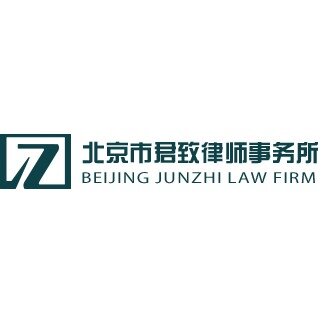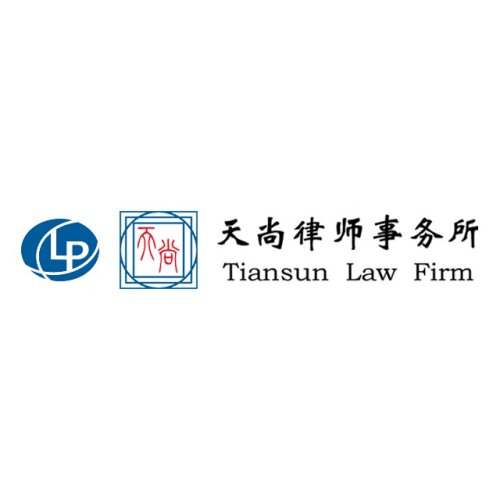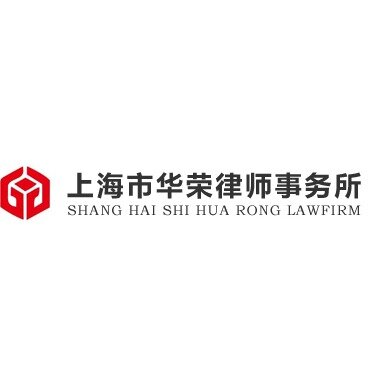Best Pension Lawyers in China
Share your needs with us, get contacted by law firms.
Free. Takes 2 min.
Or refine your search by selecting a city:
List of the best lawyers in China
About Pension Law in China
Pension law in China is primarily governed by a combination of national legislation and local regulations. The country operates a multi-tiered pension system, designed to provide financial support to retirees. This system includes the Basic Pension, which is mandatory for urban employees, the Enterprise Annuity as a supplementary pension system, and private pensions that individuals can voluntarily participate in. As China faces an aging population, the government continues to reform pension laws to maintain sustainability and better meet retirees' needs.
Why You May Need a Lawyer
Legal assistance may be required in various situations involving pension law in China. Common scenarios include disputes over pension entitlements, misunderstandings of contribution requirements, legal conflicts regarding mergers or acquisitions affecting pensions, and issues involving expatriates working in China. Additionally, companies might seek advice on establishing or managing enterprise annuity systems, and individuals may need help navigating private pension plans.
Local Laws Overview
China's pension system is largely regulated by the Social Insurance Law, which outlines the basic pension system for employees. Key aspects include mandatory contributions by employers and employees, eligibility conditions for receiving pension benefits, and parameters for calculating pension amounts. For expatriates, bilateral agreements with their home countries may influence pension rights. Local governments can also issue supplementary regulations that adapt the national framework to regional requirements, adding complexity to understanding pension laws fully.
Frequently Asked Questions
What is the basic pension system in China?
The basic pension system is a mandatory scheme for urban employees wherein both employers and employees contribute to a fund managed by the government. Upon reaching retirement age, beneficiaries receive monthly pension payments.
Who is eligible for a pension in China?
Eligibility is generally determined by age (60 for men, 55 for women in certain positions, and 50 for other women), and the requirement to have contributed to the pension system for at least 15 years.
How are pension amounts calculated?
Pension amounts depend on individual contribution records, average local income, and average life expectancy. It often involves a combination of a basic monthly payment and a personal account component.
Can expatriates receive pensions in China?
Expatriates working in China may participate in the local pension system, but their eligibility for benefits depends on bilateral agreements between China and their home countries.
What is an enterprise annuity?
An enterprise annuity is a voluntary, supplementary pension plan established by employers to provide additional retirement benefits, helping employees enhance their overall pension income.
Are there any tax implications for pension contributions?
Contributions to the basic pension system are generally tax-deductible for both employers and employees. Specific tax treatments can vary for supplementary and private pensions.
What legal hurdles do companies face with pensions?
Companies may face challenges in compliance with changing regulations, calculating contributions accurately, and managing pension liabilities, especially during restructuring or mergers.
How do I resolve a pension dispute?
Pension disputes can be addressed through mediation, arbitration, or litigation, depending on the nature of the conflict and the contractual or legal obligations involved.
Can employees transfer their pension funds if they change jobs?
Employees can generally transfer their pension accounts when they change jobs, although specific procedures and regulations may vary by region.
What are private pensions, and how do they work?
Private pensions in China are voluntary and allow individuals to save additional funds for retirement independently, usually through financial institutions providing tailored pension products.
Additional Resources
For further assistance, individuals can contact the Ministry of Human Resources and Social Security, which oversees pension policies, or consult organizations like the Shanghai Social Insurance Agency for more localized support. Legal professionals specializing in labor and pension law can also provide tailored advice and representation.
Next Steps
If you require legal assistance in pension matters in China, consider starting by gathering all relevant documents, such as employment contracts and pension contribution records. Contact a qualified lawyer with experience in Chinese pension law to discuss your situation. Additionally, attending a consultation with a legal professional can provide clarity and direction on how to address your specific concerns and ensure compliance with all relevant regulations.
Lawzana helps you find the best lawyers and law firms in China through a curated and pre-screened list of qualified legal professionals. Our platform offers rankings and detailed profiles of attorneys and law firms, allowing you to compare based on practice areas, including Pension, experience, and client feedback.
Each profile includes a description of the firm's areas of practice, client reviews, team members and partners, year of establishment, spoken languages, office locations, contact information, social media presence, and any published articles or resources. Most firms on our platform speak English and are experienced in both local and international legal matters.
Get a quote from top-rated law firms in China — quickly, securely, and without unnecessary hassle.
Disclaimer:
The information provided on this page is for general informational purposes only and does not constitute legal advice. While we strive to ensure the accuracy and relevance of the content, legal information may change over time, and interpretations of the law can vary. You should always consult with a qualified legal professional for advice specific to your situation.
We disclaim all liability for actions taken or not taken based on the content of this page. If you believe any information is incorrect or outdated, please contact us, and we will review and update it where appropriate.
Browse pension law firms by city in China
Refine your search by selecting a city.















